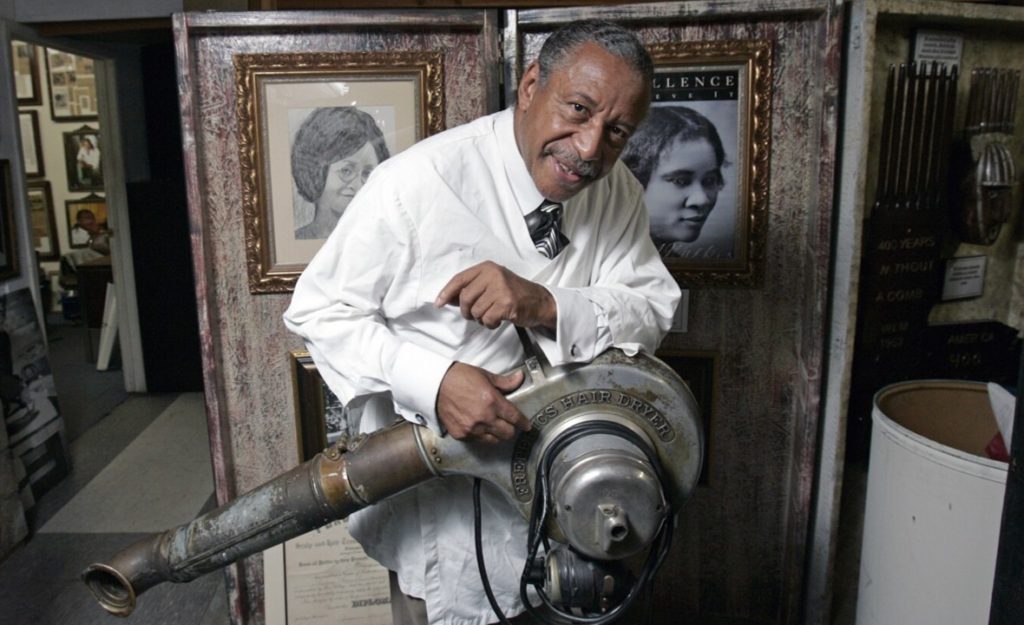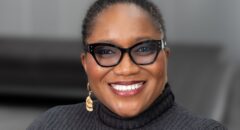 Legendary entrepreneur, author, hairstylist, inventor of the Afro pick and pioneer of the Jheri curl hairstyle, Dr. Willie Morrow, passed away June 22 at his home, surrounded by family. He was 82.
Legendary entrepreneur, author, hairstylist, inventor of the Afro pick and pioneer of the Jheri curl hairstyle, Dr. Willie Morrow, passed away June 22 at his home, surrounded by family. He was 82.
Cheryl Morrow said that the salon her father established in San Diego in 1959 and the hair products he invented in the 1960s and 1970s came from his desire to serve the Black community by making resources available in their neighborhoods.
“He just believed in community being the source of the economy,” Cheryl Morrow said. “That you should not have to go out of your own community for the resources and wealth that you needed. It should be in your community.
“And it just so happened that because of the cultural iconography of Black hair, it was such an industrial powerhouse that it funded other things,” she said.
Born on Oct. 9, 1939, to a family of sharecroppers in Tuscaloosa, Ala., Willie Morrow taught himself basic barbering and chemistry, then used those skills to build the foundation of his hair care empire.
In the 1970s, the U.S. Department of Defense enlisted Morrow to teach hair cutting and to cut hair on military bases and in war zones. After his military service, Morrow went on to write numerous books about hairstyling and cutting.
He also met and married his wife, Gloria Morrow. They were married for 56 years until his death.
At the age of 28, he became Delta Air Lines’ youngest Flying Colonel with a million sky miles, which he earned while teaching the arts and sciences of Afro hair throughout the U.S. Department of Defense military bases on every continent.
"My dad took advantage of the fact that San Diego had been dubbed the Mississippi of the West," explains his daughter to the San Diego Tribune. "For my father, it was about economics. That’s how he dealt with racism. My dad said racism in San Diego afforded him to be the best barber in the city, the state, the country, then the world. Racism afforded him the opportunity to zero in on what his people needed. He did not fight with a fist, he created things; it was his way of dealing with racism through economics."
"That he did! In my father’s words, 'My job was to be so good, and so awesome, I would become racism proof.'”
Forty years ago, the afro comb, which is just one of Morrow's inventions, was worn in the hair not only as an adornment, but also as a political emblem and a signature of a collective identity. It was recognized as a way of saying no to oppression. Wearing the comb led to a strong symbol of love for Blackness.
“Thank you, San Diego, for giving an Alabama boy the reality of dreams fulfilled. Willie L. Morrow, a man whose life needed neither introduction nor exit,” Cheryl affectionately expressed in her San Diego Union-Tribune op-ed. “The great San Diego craftsman left pieces of himself with his beloved community, memories in the repositories of people’s hearts.”
A tribute for Dr. William Morrow is scheduled for July 15 at 11 a.m. PT at The Bayview Church of San Diego.









